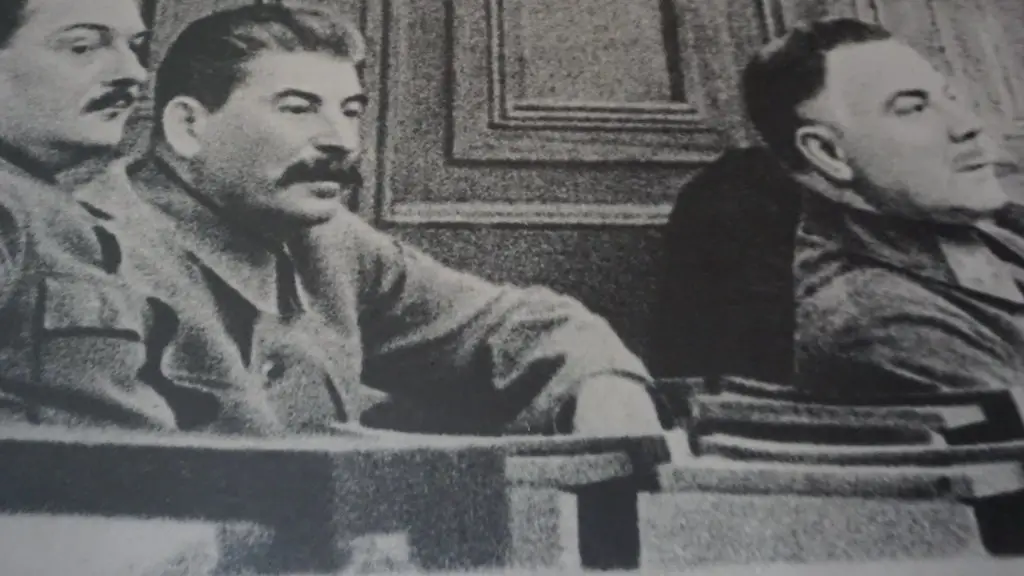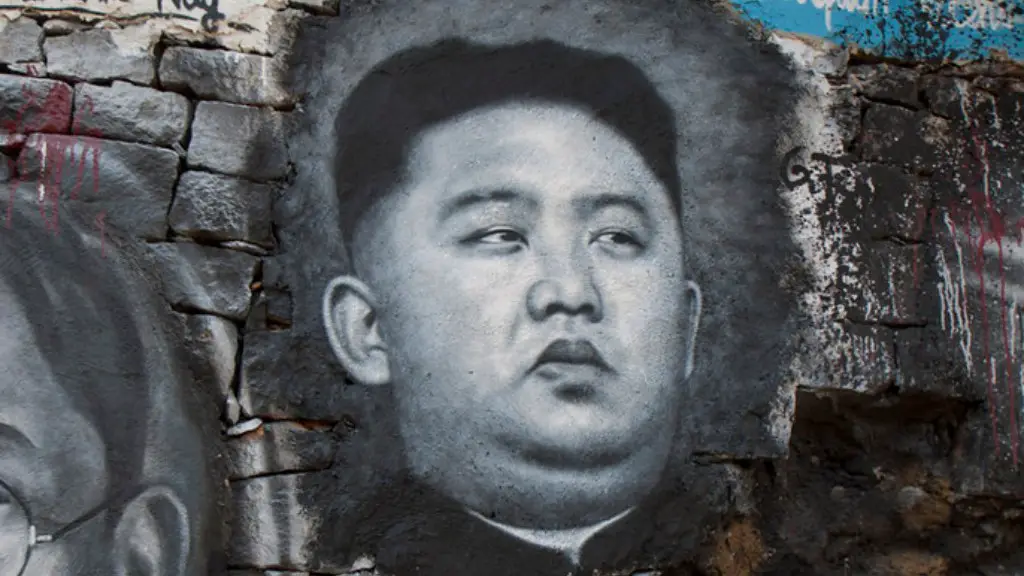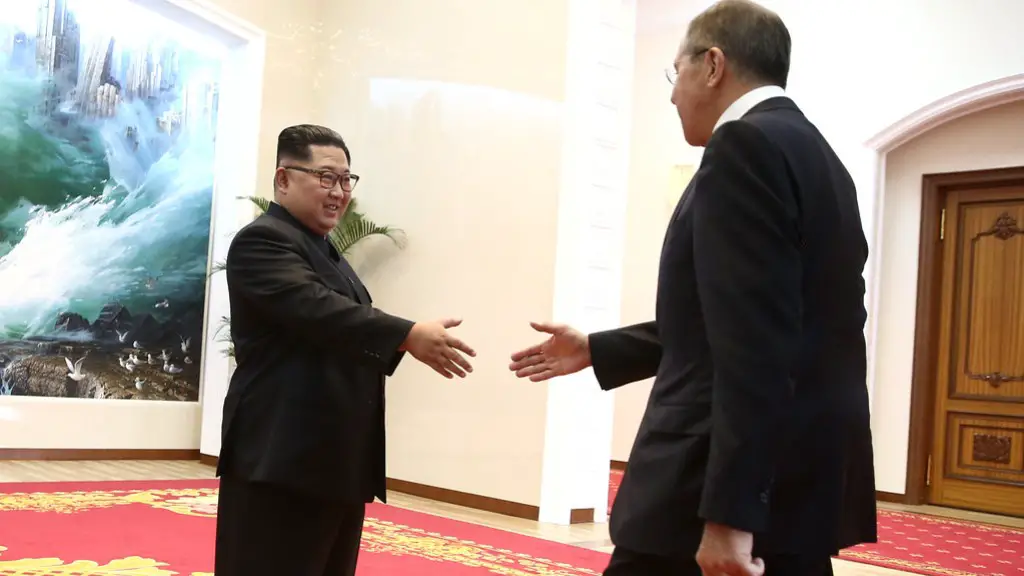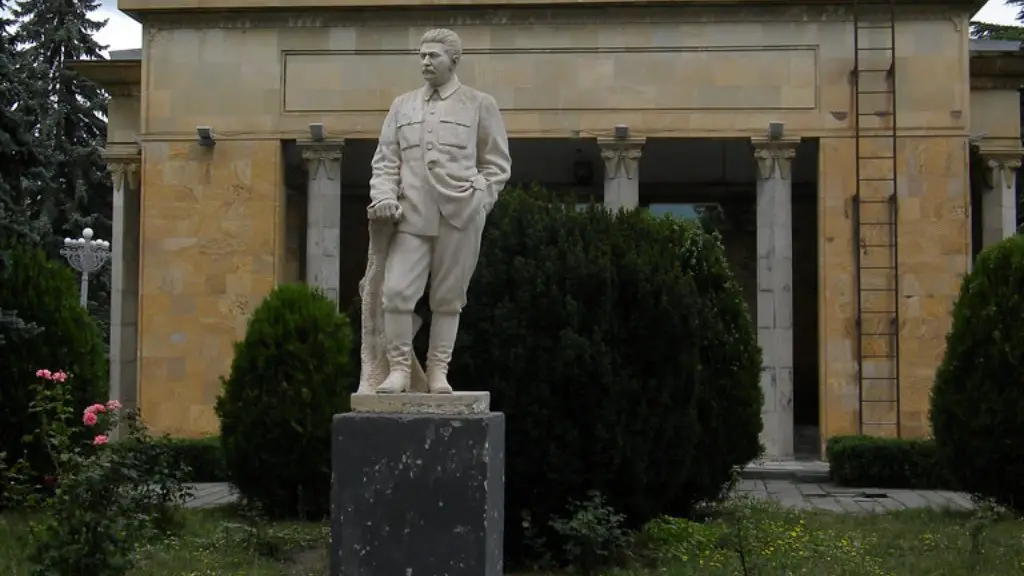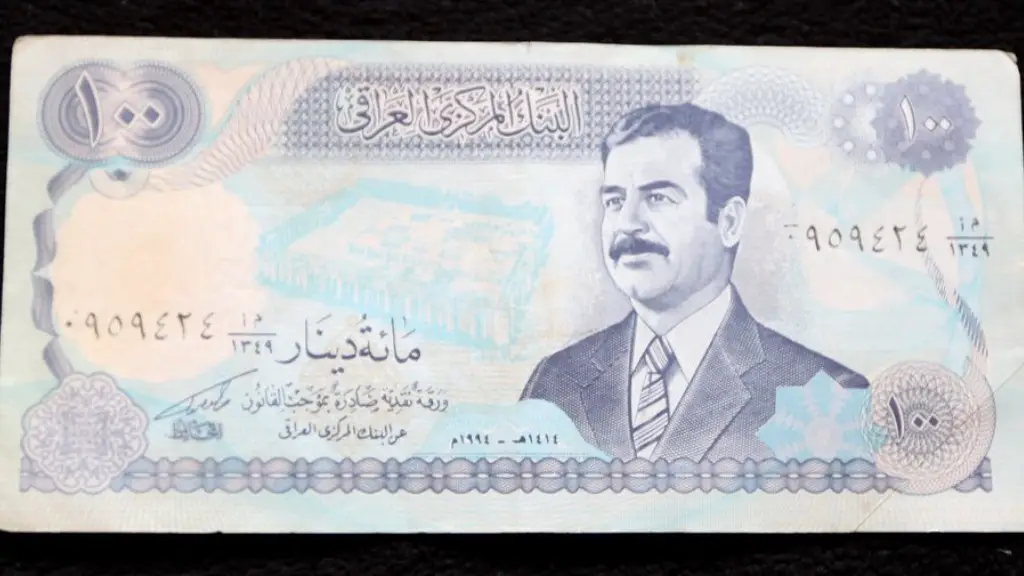Josef Stalin was the de facto leader of the Soviet Union from the mid-1920s until his death in 1953. He also led the Communist Party of the Soviet Union for a time. Stalin consolidated power following the death of Vladimir Lenin by suppressing political opponents and expanding the functions of his government. He was known for his brutal methods; he was culpable for the death of millions during his time in power. Stalin’s legacy is still a matter of debate.
In 1953, Soviet leader Joseph Stalin died at the age of 74. The cause of death is still a matter of debate, but it is generally believed that he suffered a stroke after having a brain hemorrhage.
What was Stalin’s last words?
Some accounts of Stalin’s 1953 death claim he angrily murmured about wolves. But Joshua Rubenstein’s new book The Last Days of Stalin mention no audible last words, just gurgling & the malevolent glance.
During the years that Stalin presided over the Soviet Union’s post-war reconstruction and development of an atomic bomb, the country experienced another major famine and an antisemitic campaign that culminated in the doctors’ plot. These years were marked by great upheaval and change, both for the Soviet Union and for Stalin himself.
What really happened after the death of Stalin
Stalin’s death in 1953 led to a power struggle within the Soviet Communist Party, with Nikita Khrushchev eventually emerging as the new leader. Khrushchev denounced Stalin’s policies and methods, and initiated a process of de-Stalinization within the Soviet Union. This process included a number of reforms, such as freeing political prisoners, allowing greater freedom of expression, and encouraging a return to pre-Stalinist values.
However, Stalin’s legacy also included a number of positive achievements, such as the industrialization of the Soviet Union and the defeat of Nazi Germany in World War II. These accomplishments led many Soviet citizens to view Stalin in a positive light, despite his brutal reign.
Churchill’s public silence on the death of Stalin was likely due to the complicated relationship between the two leaders. Churchill famously described Stalin as “a man of immense industry and talent” but also noted that he was “a bully and a murderer.” It’s possible that Churchill felt that any public comment on Stalin’s death would be seen as an endorsement of his legacy, which Churchill was not willing to do.
What did Churchill say to Stalin?
Churchill thought highly of Stalin and believed that he was a great leader. The two leaders had a good relationship and agreed on many things, including the Balkans. Churchill believed that Stalin was a man of his word and that he could be trusted.
In his work, “Theory of the Partisan,” Trotsky discusses the inevitability of war under capitalism. He claims that the economic system of capitalism will lead to wars as different countries compete for resources. Trotsky also believed that the working class would be the main force to overthrow capitalism and establish a socialist society.
How rich was Stalin?
Joseph Stalin was one of the most powerful and influential leaders of the Soviet Union. During his time in power, he was able to transform the USSR into a major economic power. This is because his control of the country was so complete that he was able to use the country’s economic might for any purpose he saw fit. Stalin was a ruthless leader who was willing to do whatever it took to maintain power. This included purging anyone who he saw as a threat, as well as using propaganda to control the people.
Joseph Stalin was the dictator of the Union of Soviet Socialist Republics (USSR) from 1929 to 1953. Under Stalin, the Soviet Union was transformed from a peasant society into an industrial and military superpower. However, he ruled by terror, and millions of his own citizens died during his brutal reign.
Why did the Soviet Union starve
The famine in the Soviet Union was caused by a variety of factors, including the forced collectivization of agriculture as part of the First Five-Year Plan, forced grain procurement, rapid industrialization, and a decreasing agricultural workforce. Sources disagree on the possible role of drought in causing the famine.
There are several historical inaccuracies in The Death of Stalin. Iannucci has responded by saying that it is not a documentary, but a fiction based on the truth of what it must have felt like at the time.
Why did Churchill not like Stalin?
Churchill and Stalin did not trust each other from the start. Churchill was paranoid about a Communist takeover of Europe, while Stalin aspired to have the Soviet Union enter the upper echelons of political and economic power. FDR found himself in the middle, trying to appease both sides.
Churchill and Stalin had a complicated relationship. On one hand, Churchill loathed Stalin and everything he represented. On the other hand, Churchill respected Stalin and enjoyed their interactions. These feelings were reciprocated by Stalin. In the end, their relationship was defined by a mix of respect and loathing.
Did Churchill like the Soviet Union
While Churchill didn’t agree with many aspects of the Soviet system, he realized that they needed to be allies against Hitler. He advocated for normalizing ties with the Soviet Union so that they could present a united front against Hitler’s expansionist ambitions.
The Yalta Conference was held from February 4-11, 1945, and was the last major wartime conference between the leaders of the United States, United Kingdom and the Soviet Union. The purpose of the conference was to discuss the reorganization of post-war Europe, specifically how to deal with the defeated Nazi Germany. The conference resulted in the agreement to create four occupation zones in Germany, to be controlled by the Soviet Union, United Kingdom, United States and France. The conference also resulted in the agreement to establish the United Nations.
What did Lenin say about Stalin?
I would recommend that Stalin be removed from his position as General Secretary of the Party. He is too coarse and this defect, although quite tolerable in our midst and in dealing among us Communists, becomes intolerable in a Secretary-General.
Churchill and FDR became friends during WWII, spending a lot of time together both in and out of formal settings. Churchill would often stay in the Queens’ Bedroom at the White House for weeks at a time, and the two would stay up late talking, drinking, and dining together. This friendship was a key factor in the Allies’ victory in WWII.
Warp Up
Stalin’s rule came to an end in 1953 when he died of a stroke at the age of 74.
There is no one answer to this question as there is much speculation surrounding the death of Joseph Stalin. Some believe that he was assassinated while others believe that he died of natural causes. No matter the cause of his death, Stalin was a controversial figure during his lifetime and his legacy continues to be debated today.
